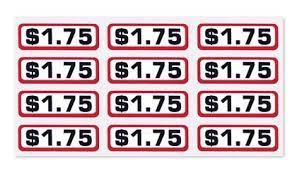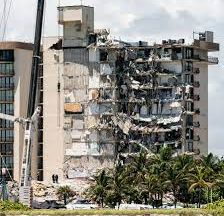 June 2022
June 2022
Without a way to ensure everyone pays what it costs to maintain a shared condo home, condo living as we know it would not exist. For this we have reserve funds which allow communities to maintain and repair the home without having to go to owners for each and every expenditure.
The future is never certain. Likewise, the amount needed in a reserve fund is dependent on assumptions of how long equipment is likely to last, inflation and other factors. It is an estimate that needs to be updated regularly.
Potential purchasers look to the reserve fund as an indicator that a community sets aside sufficient funds for maintaining the home. They want to see that necessary maintenance and improvements are being made, and money for future improvements. An anemic reserve fund is a red flag that something is wrong. Many buyers are not prepared to accept this risk.
The expected occurs every year. Equipment or infrastructure requires repair or replacement. Much of this is paid out through the reserve fund.
The unexpected happens. Severe weather causes damage. New government regulations require investments. A healthy reserve fund helps pay for things without causing financial hardship.
Reserve funds are maintained in different ways.
“The most consistent and stable way is to provide sufficient funds to the reserve fund through monthly condo fees” according to Henry Jansen of Criterium Jansen Engineers. “This requires a reasonable estimation of future expenses, interest rates and inflation. The Reserve Fund Study exists for this purpose.” While the Condo Act requires that a reserve fund be maintained, it may not be fully or properly funded if estimates fail to account for specific expenditures, anticipated expenditures are underestimated, or poor interest and inflation estimates.
Communities failing to maintain sufficient funds in their reserve fund may implement a special assessment which requires immediate or near-immediate payment by owners of an assessed amount. Depending on the extent of a financial deficiency, this amount may be thousands or tens of thousands of dollars.
A special assessment can be difficult to manage on short notice. Some prefer to keep their money working for them and want to avoid converting investable assets to cash. For these and other reasons, owners may prefer that the corporation deal with a financial shortfall by borrowing money. Collateral for any loan can be the building and the ability to assess owners if necessary.
Some communities keep condo fees low by making inadequate reserve fund contributions. This looks good to owners, and boards elected by them, in the short-term. Since there is no magic source of money to maintain a community, this guarantees a problem for some future board and owners.
The reserve fund can be compared to saving for a “rainy day”. This is good advice and sound policy. In condo communities that “rainy day” will come without warning. Having a fully funded reserve fund is the best protection against bad surprises.









